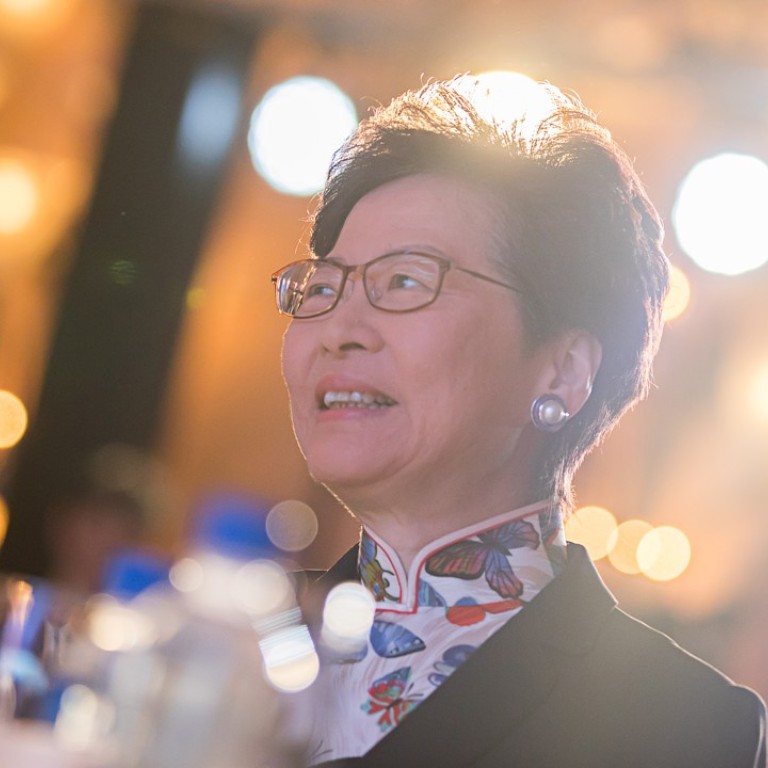
In digital era, new thinking needed to combat ticket touts
With a proliferation of websites offering tickets in the secondary market and weak legislation, the government must come up with fresh ideas to combat a scourge that has so frustrated the public
In a laissez-faire economy, no one should be surprised that there is a black market for tickets to events such as concerts. But when Hong Kong’s leader has to weigh in and order a crackdown, the severity of the problem comes into sharp focus.
Fuelled by an outcry against an increasingly rampant black market, Chief Executive Carrie Lam Cheng Yuet-ngor has pledged to consider criminalising touting at government-run venues.
That it has taken the government’s No 1 official to intervene in the matter is to be regretted. Popular shows have long been the target of ticket touts. The growing popularity of purchasing tickets online and the emergence of new apps for doing so have made making money through a secondary market much easier.
Ticket touts usually package their websites as legitimate outlets for desperate fans who are willing to pay more than the face value.
It is not unusual for tickets for the most in-demand events to be snapped up within minutes of going on sale, only to resurface on resale websites. For instance, a HK$280 ticket for a show by local stand-up comedian Dayo Wong Tze-wah is up for grabs at more than HK$1,200 online.
The problem is further compounded by outdated laws, bureaucratic inertia and questionable sales tactics. While touting at private venues that hold entertainment licences is liable to a fine of HK$2,000, government-run sites are not covered.
The rule allowing organisers to hold up to 80 per cent of the tickets for internal distribution and sales means touts can take advantage of the limited supply. Despite growing public frustration, the authority in charge has been tiptoeing around the problem.
Hong Kong can tap the experience of foreign countries in combating such activities. For instance, the secondary market for tickets in Britain is estimated to be worth a staggering £1 billion (HK$11 billion) a year, prompting the government there to launch a crackdown.
This includes a new criminal offence over the use of “bots” – computer software that helps touts bypass limits on the number of tickets an individual can purchase.
A concerted boycott by customers could, in theory, kill off touting. But the urge to attend a sold-out concert means there is always the temptation to try the illegitimate way. The government must not turn a blind eye to those abusing the system to make money.

